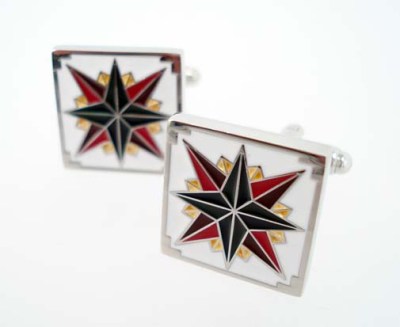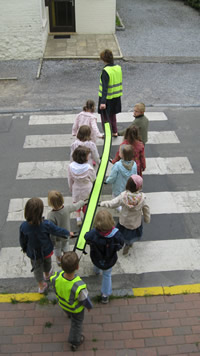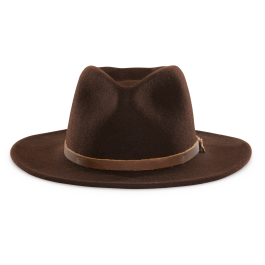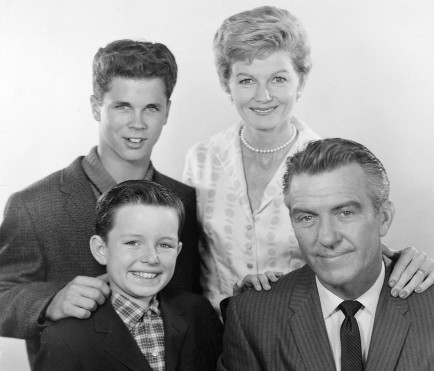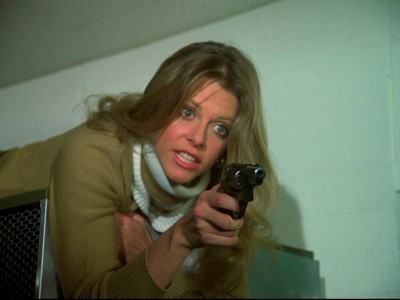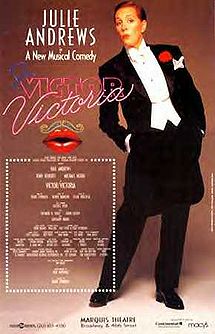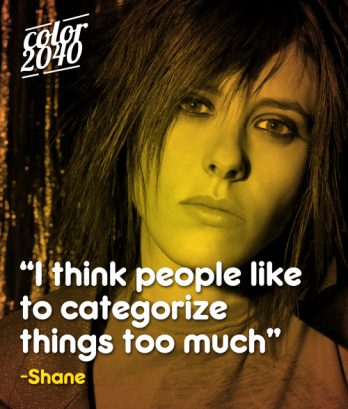
I have been reading a lot of blogs lately trying to sort out all the new stuff in my head, and I am interested in how much energy goes into the words we use for ourselves. Having spent decades being more concerned about how I used language to explain my religious affiliations, especially as they changed, since “straight” is the unmarked category that doesn’t have to bother naming itself, wrapping my head around this new tangle has taken up more of my brain time than I would have expected. Perhaps it is not so surprising, as I learned about white privilege long before I saw how privilege impacts my life in other spaces as well. I am white, middle class, educated and Christian (although at the time I was still Roman Catholic, which is not the problem that it was for my father forty years ago, but at times it can be a problem). Yes, I have heard every Polish joke in the book, but on the other hand, I speak unaccented American English with the very good vocabulary of a born English teacher. So I floated along, clueless.
It never even occurred to me to wonder what my sister went through when she came out of the closet 25-30 years ago. I assumed it was traumatic, as it coincided with transferring schools and taking time off and then going back. But we don’t talk often and when we do, we focus on the present, as I am always catching up on at least a year of her life. Going that far back would push our phone conversations to marathon length, and neither one of us can afford that kind of phone bill.
Anyway, for those of us who haven’t known since we were young that the world was going to be a very…interesting place for us, figuring out how to talk about who we feel we are seems like a difficult thing indeed. This is especially true, it seems, given the power that the ideas of “butch” and “femme” seem to have in the LBGT* world. One writer even described being told when she came out, “We’ll just have to wait and see what kind of lesbian you are,” as if she were a little bird sticking her beak out of the cracked egg and was going to have to find out whether she was a duck, a swan, a toucan or a phoenix.
James Dawson, author of This Book Is Gay, writes, “It’s human nature to label things, and if you’re having some confusing thoughts, giving a name to the situation may make you feel better because you can be part of something–a bigger support network–the International Haus of Gay, if you will” (17). And as he points out later, some of the names we might choose in this instance can act both as subcultures (allowing us to recognize each other) and stereotypes (allowing us and others to think they know more about us than maybe they really do).
And in any case, how do we figure this out? Well, apparently the same way the birds do, by looking at our feathers. This works relatively well for the folks who dress on either of the extreme ends of the spectrum. What about the other 90%?
I did wear skirts when I started teaching, especially when I lived in Japan right after college. My go-to “No, really I AM a teacher” outfit was an A-line skirt, a blouse and a blazer. If you added kneesocks and tie shoes for my nylons and flats, I would have been back in high school again. At some point in the time I have been teaching college English, I dumped the skirts and flats for pants and short boots or Oxfords, and I have been happy as a clam ever since, although, yeah, the dating scene was pretty thin.
Then when I went to one of the queerest non-Roman Catholic seminaries in the U.S. (for an MA because I was burnt out; I’d make a horrible priest), I realized I had a French cuff shirt a roommate had given me, but no cufflinks. So I bought pair of cheap cufflinks. And I REALLY liked how that looked and felt, so I bought more cufflinks. And then of course I had to buy more French cuff shirts, first cheap ones through Chadwicks and then somewhat more expensive (But Very, Very Nice) ones from England.
Mind you, this is at least six years ago, around the same time that I bought the Victor/Victoria broadway poster. But I am pretty slow.
I seem to have begun to catch up very fast in the last six or so months. I remember after a friend said (based on a number of posts I had made on another blog), that I seemed to really like the tough beautiful women on TV lately… And I had to put into words what I had been wondering about myself: “Am I bi?” “Sure looks that way.”
A while after that I started wondering if the way I dressed might not be–not only NOT a problem–but actually kind of perfect. Blew. My. Mind.
So yeah, I have been thinking about categories lately. I jotted these down in my little pocket notebook on the train on Monday evening:
Androgyny
Tomboy/Femme (OK, I stole that from a blog)
AndroFun.
Beer & Boots
Cufflinks & Cosmos
Liberating Menswear (I stole that too, from Wild Fang clothing)
Hourglass Plaid
Tweedy Silk
I don’t know what any of it means, but as a writer, I guess having words for things is kind of important to me.
Dawson, James. This Book Is Gay. Naperville, IL: Sourcebooks, 2015.
